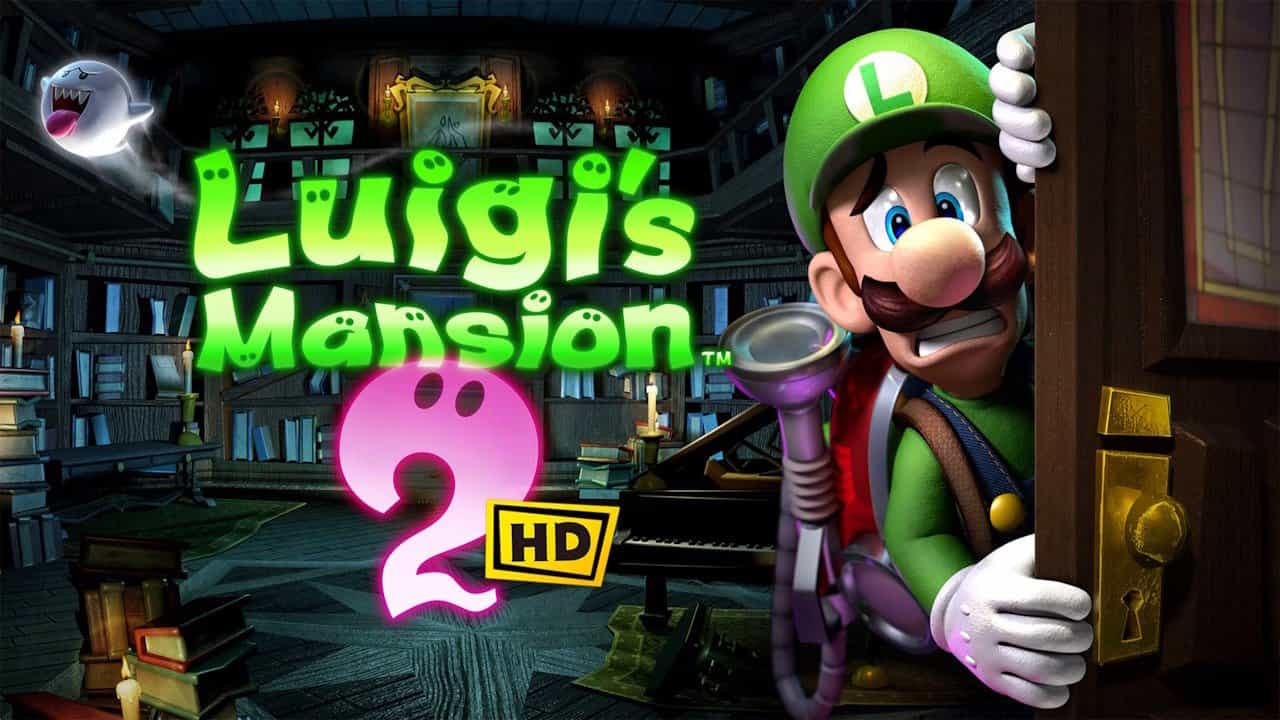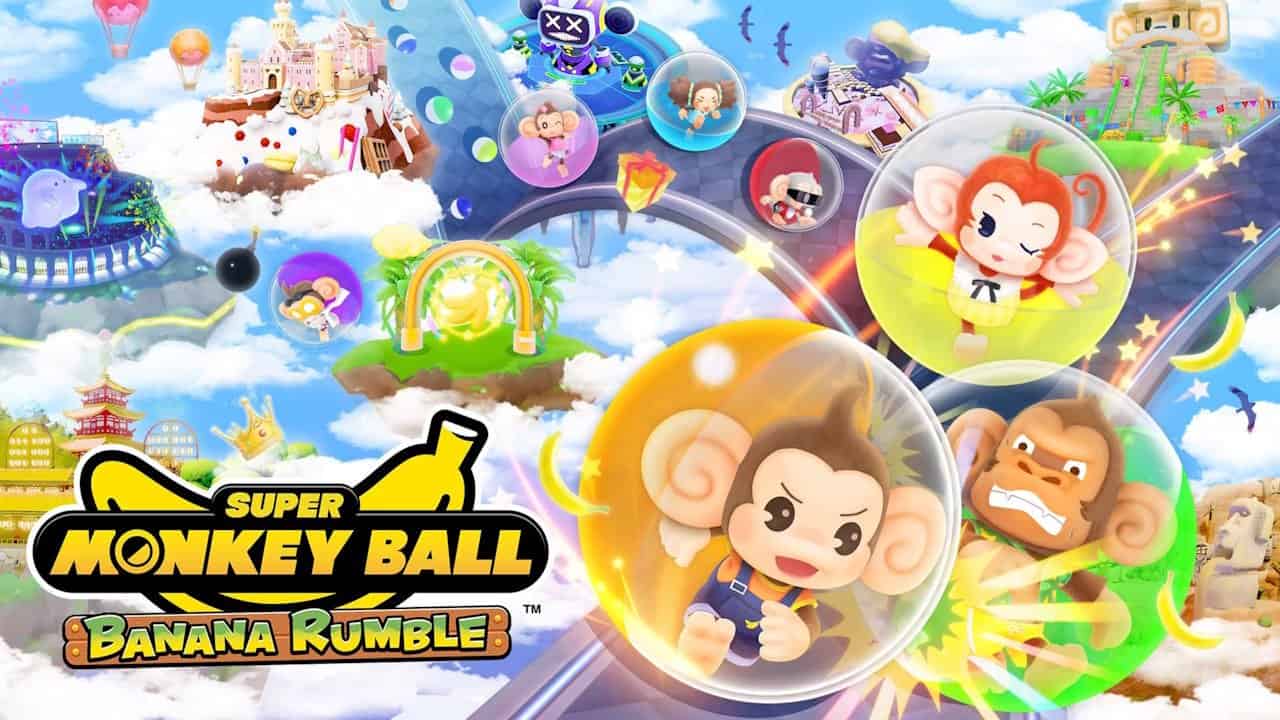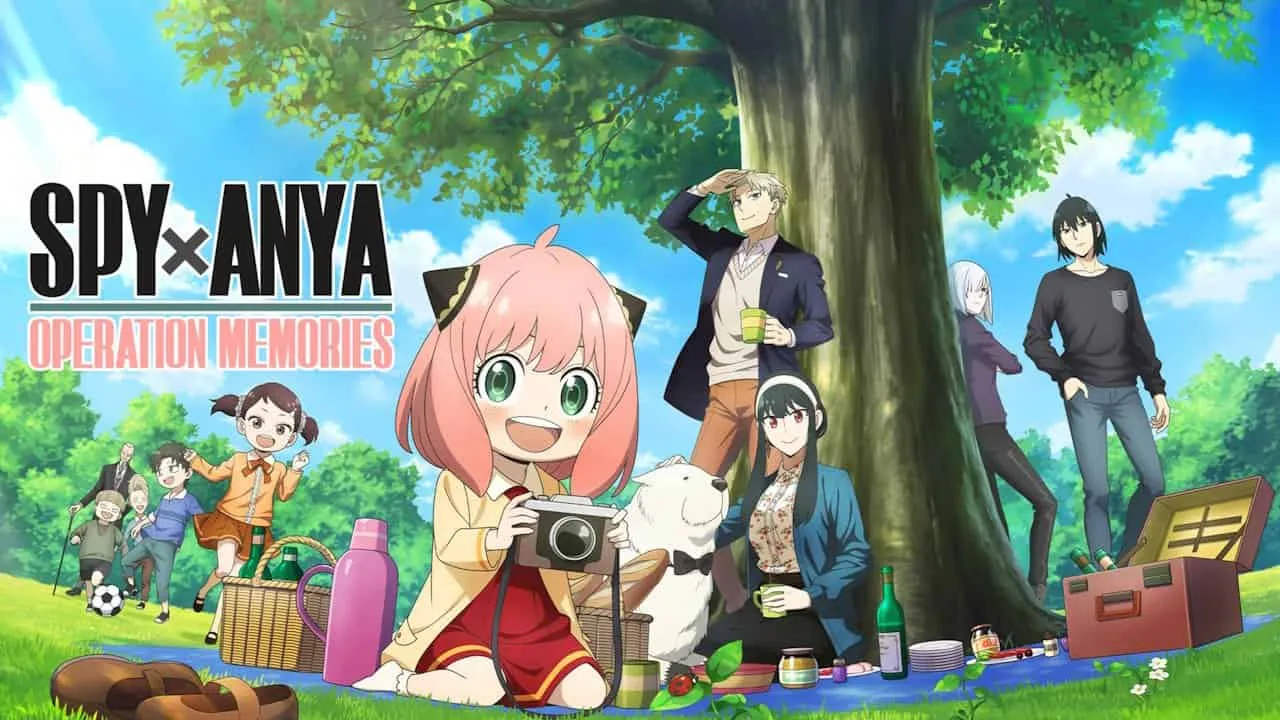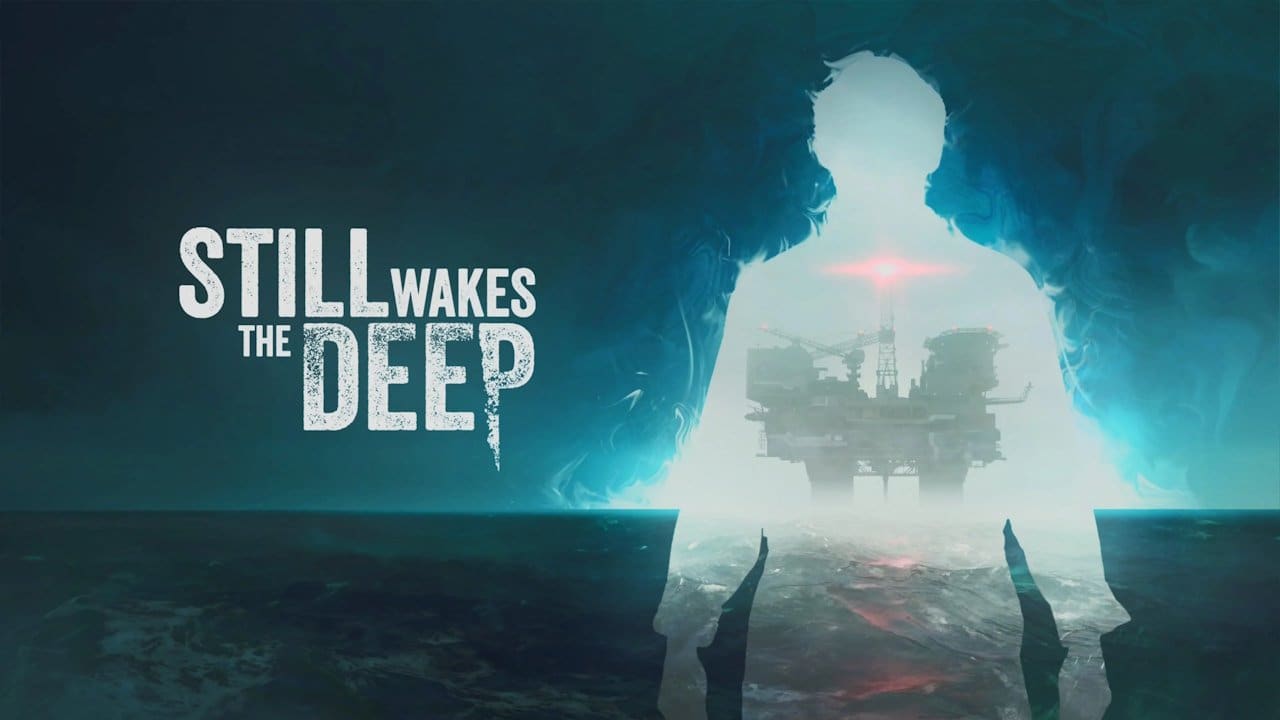Fist of the North Star: Lost Paradise Review

Official Score
Overall - 60%
60%
While Fist of the North Star: Lost Paradise does have a number of glaring issues, the variety and quality of side content, thrilling combat, and protagonist with an attitude that can rival Kiryu's make it a worthwhile experience.
Our protagonist Kenshiro battles through a post-apocalyptic wasteland in an alternative timeline of Earth as he searches for his lost love, his fiance Yuria. A master of the legendary martial art of Hokuto Shinken, Kenshiro often leaves his foes a bloody mess of pulp on the floor. With an obvious influence from the Yakuza franchise, does this wacky and over-the-top action RPG see similar success to everyone’s favorite Yakuza badass?
Fist Of The North Star: Lost Paradise Review
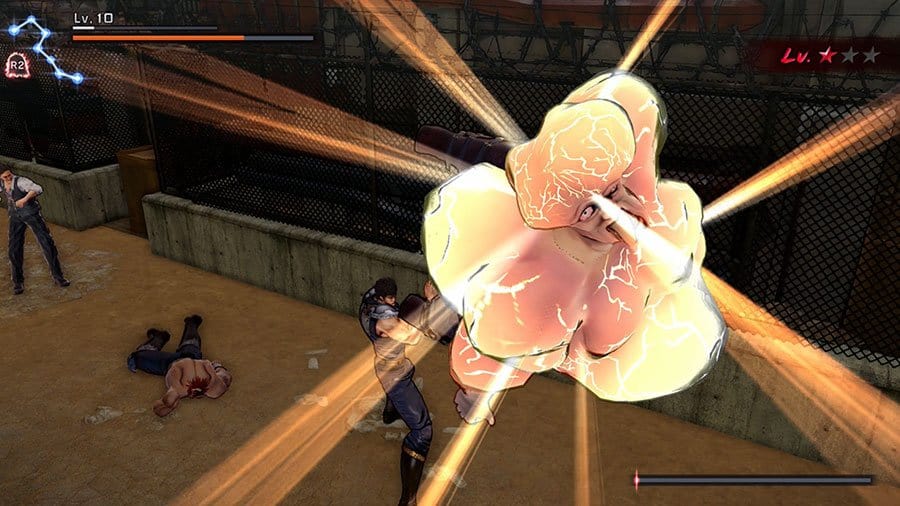
If you’ve yet to hear of the Fist of the North Star anime, you’re not alone. Having its original run in the early to late 80’s, it’s reputation and popularity here in the West was aided only by a brief stint on Sci-Fi and Showtime Beyond. However, with an increase in anime popularity over the years and the recent mainstream success of the Yakuza games (a much deserved success, I might add), Fist of the North Star: Lost Paradise hopes to claim a slice of that success pie for itself.
Fist of the North Star: Lost Paradise wastes very little time in introducing players to the insanely over-the-top combat, one of the staple elements of the anime. If you’ve played any of the recent Yakuza titles, I often applaud many of the over-the-top elements of the game, but if Yakuza is over-the-top, Fist of the North Star: Lost Paradise is already in orbit.
Hokuto Shinken, the martial art specialty of the games protagonist Kenshiro, is a martial art that takes advantage of the many pressure points around the human body. These have long been known to be incredibly painful when manipulated in certain ways, but typically, it doesn’t cause your entire body to explode – well, not in real life. Kenshiro’s mastery of Hokuto Shinken will have you feeling like a complete combat badass from the first punch to the last. Whether you cause an entire body to explode with a single finger, or explode organs from within with a series of quick palm blasts, it’s brutal. It’s over-the-top. It’s gory, but most of all, it’s incredibly satisfying. Each special move is delivered by a small animation type cutscene during combat where you watch as Kenshiro dismantles his opponents innards before watching them explode. It’s not something that impacted me negatively at first, but I can definitely see some frustration and repetition creeping in towards the latter stages of the game for some players.
Much of the combat, and many of the games cutscenes, heavily feature quick-time events (QTEs). These are time restricted events that require you to hit a specific button when prompted. These are brutally difficult at first, and although they get easier as you progress and learn the different abilities, it still often feels far too fast, especially on the random QTEs that aren’t move specific.
The similarities between Fist of the North Star: Lost Paradise and the more recent Yakuza games are common throughout. The way the dialogue is delivered, the crazy but enjoyable minigames, substories..it’s all there. However, the game does bring its own flavor into the mix as well. Destiny Talismans are special items that can be crafted through certain parts and ingredients. These offer a variety of perks, benefits, and buffs to Kenshiro, offering more customization on your combat-based abilities than its Yakuza counterpart.
I have long been a fan of Yakuza’s impressive ability to mix serious narrative with comical and enjoyable minigames. While I still consider Yakuza to own that crown, nothing has come closer than Fist of the North Star: Lost Paradise. Substory #13, that’s all I’m saying.
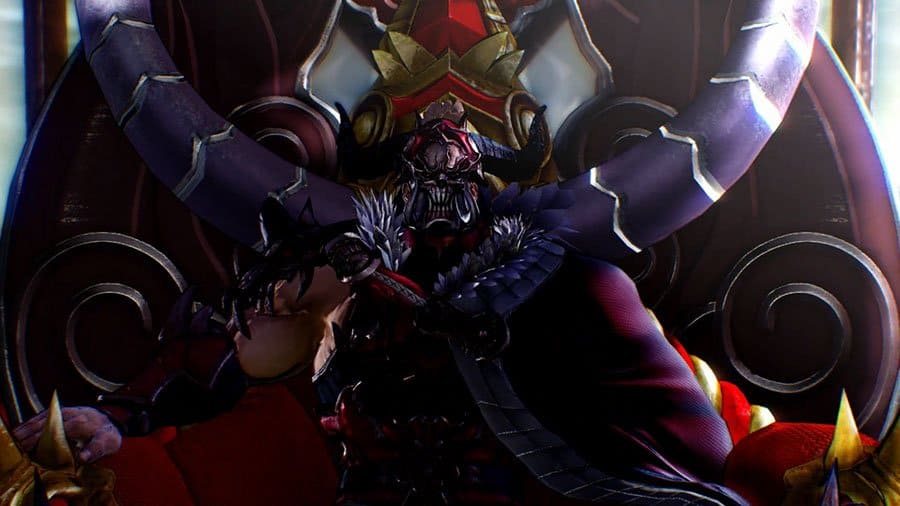
Having little to no experience with the anime, I did often find the lack of character depth and development to be somewhat disappointing, making it very difficult to get heavily invested into characters outside of the protagonist. While not a requirement, it’s clear the developers created the game with a level of fan service in mind, as many of the developing stories and characteristics of the games bigger characters played out on the small screen many years ago.
This is further agitated by a rather bizarre approach to telling the narrative. The English voiceovers are very poor, lacking any real emotion or conviction throughout and each conversation feels like a collection of scripted segments delivered at the same time, but recorded entirely apart. It’s easily one of the games’ most lackluster elements, which is surprising considering the success the Yakuza franchise has in regards to delivering its narrative in an immersive and emotional way.
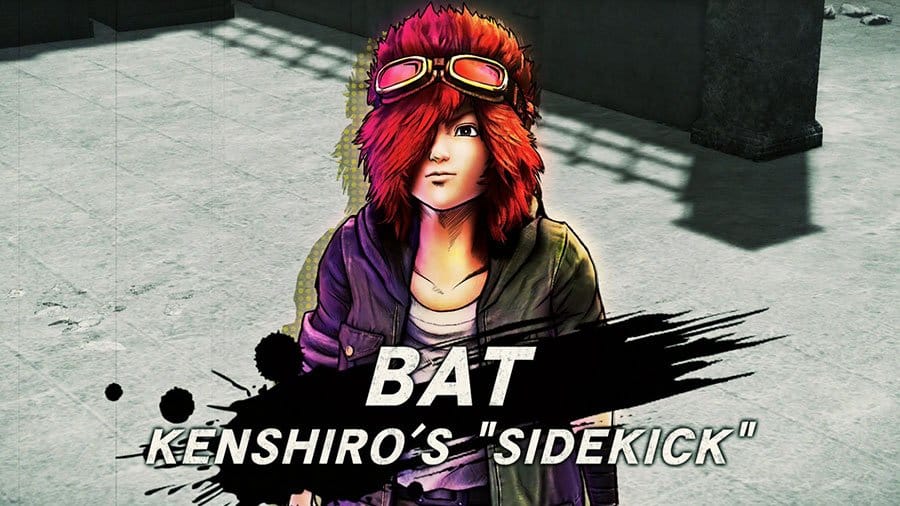
Fist of the North Star: Lost Paradise’s true standout element is the setting. The post-apocalyptic environment is gritty and dark, with pockets of civilization attempting to survive on the remnants of society following a global nuclear catastrophe. The initial couple of hours in the story are heavily centered around Eden, a struggling “paradise” hoping to restore the law and order of yesteryear amidst a world fighting for vital resources such as a food and water. However, it doesn’t take long before you’re exploring the outside the safety of the walls, and in some style.
Traversing the wastelands in a Mad Max-style buggy, one that can be improved and upgraded throughout, is very satisfying – even if the driving leaves a lot to be desired. It’s not uncommon to get ambushed or attacked en route, but a stellar combat soundtrack and the aforementioned satisfaction derived from causing your enemies to explode, ensures these are as enjoyable as they are frequent.
While Fist of the North Star: Lost Paradise does have a number of glaring issues, the variety and quality of side content, thrilling combat, and protagonist with an attitude that can rival Kiryu’s make it a worthwhile experience.
